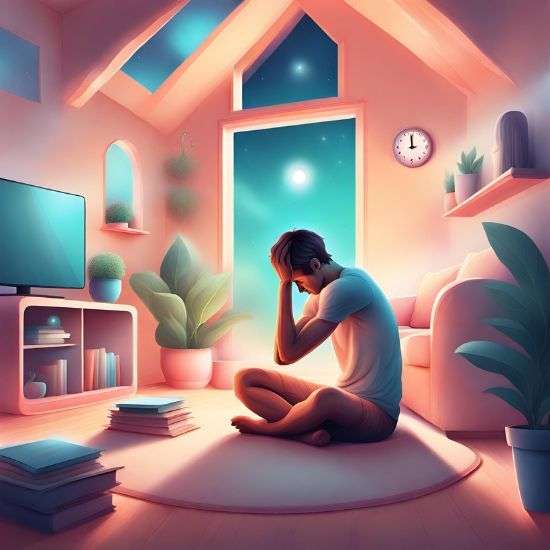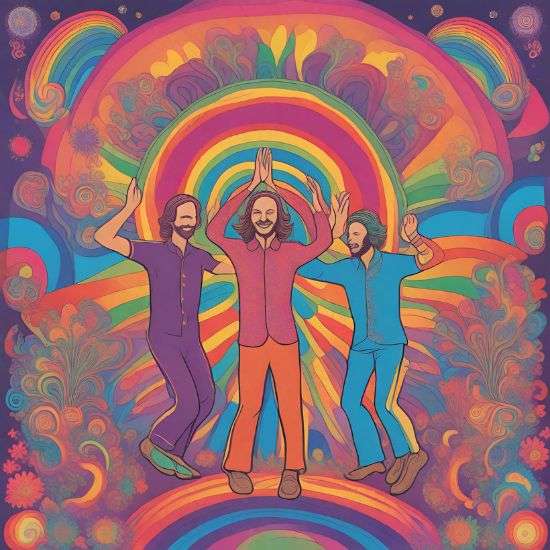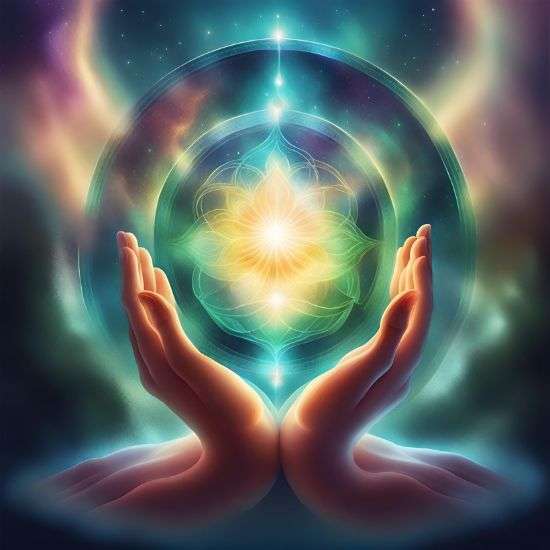Introduction
Anxiety and depression are among the most prevalent mental health challenges in the world, affecting millions of individuals. While traditional treatments are valuable, complementary approaches like Reiki can offer additional support and relief. In this article, we’ll delve into the world of Reiki for anxiety and depression and how it can help individuals find inner peace and emotional balance.
Understanding Anxiety and Depression
Anxiety and depression are complex emotional and mental health conditions characterized by persistent feelings of worry, fear, sadness, or hopelessness. They can significantly impact one’s quality of life, affecting daily functioning and overall well-being.
What Is Reiki?
Reiki is a Japanese healing practice that involves channeling universal life energy (Ki) through the hands to promote healing and balance. It operates on the principle that when energy flows freely within the body, physical, emotional, and mental well-being are enhanced.
Reiki for Anxiety and Depression
Here’s how Reiki can be beneficial for managing anxiety and depression:
- Stress Reduction: Reiki induces a state of deep relaxation, calming the mind and reducing stress and anxiety levels.
- Energy Balancing: Reiki practitioners identify and clear energy blockages or imbalances that may be contributing to anxiety and depression. When energy flows smoothly, it can lead to emotional balance.
- Emotional Release: Reiki provides a safe space for emotional expression and release. It can help individuals process and let go of pent-up emotions contributing to their condition.
- Mind-Body Connection: Reiki fosters a deeper mind-body connection, allowing individuals to become more attuned to their emotions and body sensations.
- Holistic Approach: Reiki is a holistic approach that considers the interconnectedness of mind, body, and spirit. It supports overall emotional and mental well-being.
Reiki Techniques for Anxiety and Depression
Reiki practitioners use various techniques to address anxiety and depression:
- Full-Body Sessions: Full-body Reiki sessions induce deep relaxation, promoting emotional balance.
- Specific Hand Positions: Practitioners can focus on specific areas, such as the heart or head, to address emotional concerns.
- Visualization: Visualization techniques guide healing energy to areas of emotional distress or imbalance.
- Chakra Balancing: Balancing the chakras, or energy centers, can promote emotional equilibrium.
- Self-Reiki for Emotional Support: Learning self-Reiki techniques empowers individuals to address anxiety and depression on their own, particularly during challenging moments.
Conclusion
Reiki offers a gentle and effective approach to managing anxiety and depression by addressing the emotional and energetic aspects of these conditions. While it’s important to consult with mental health professionals for a comprehensive treatment plan, Reiki can be a valuable complementary therapy. Embrace the healing energy of Reiki to find inner peace, emotional balance, and a sense of well-being on your journey toward improved mental health. With the support of Reiki, you can take steps toward healing and emotional resilience.












